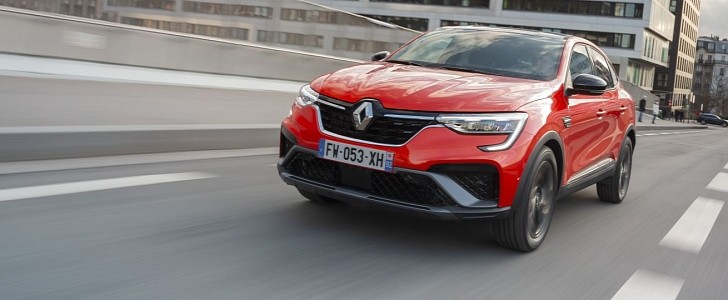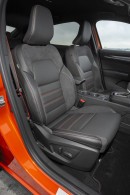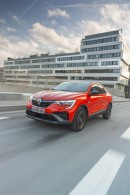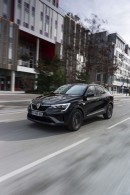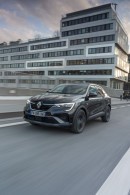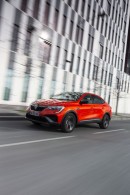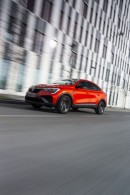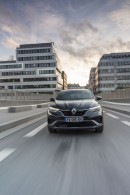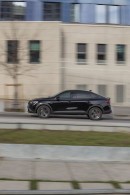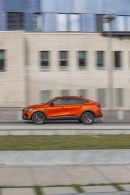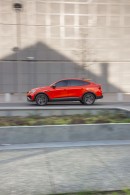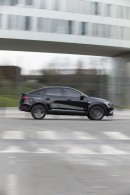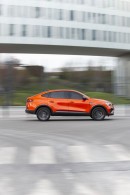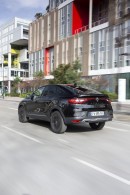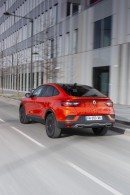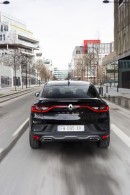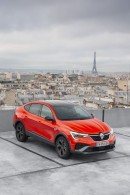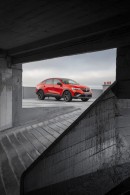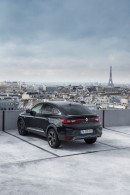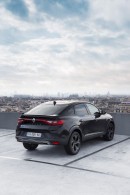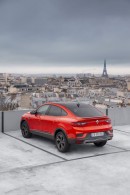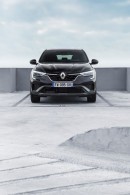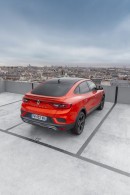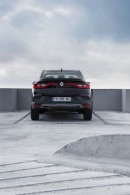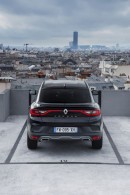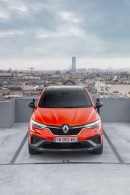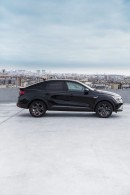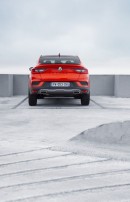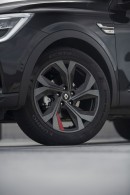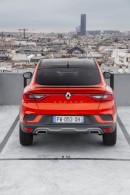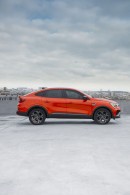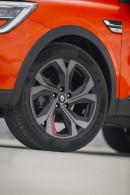We're nearing the sixth anniversary of the moment that spelled the beginning of the (pretty slow) end for diesel engines in passenger cars, and the fallout from what was undeniably one of the industry's largest scandals can still be felt.
People will never look at a diesel engine the same way they did before September 2015. That's not to say that sales have nosedived following the scandal, as one could argue they should have, but they did take a hit. And with authorities suddenly switching tables and withdrawing their support for diesel powertrains, the only way for the compression-ignition engine is down.
After paying over $1 billion in settlements in Germany alone, Volkswagen sure is in no hurry to make a case for diesel fuel anymore, despite continuing to make and sell plenty of cars that run on it. The company's focus now is on electric powertrains, a switch that the outbreak of the Dieselgate scandal massively accelerated.
Like Volkswagen, Renault is also actively working on expanding its electric vehicle range, though the French manufacturer lacks the recent stain of a Dieselgate case in its past. Well, that may soon change if the French investigators manage to find enough evidence to support their allegations against Renault that accuse the carmaker of concealing the true emission levels for some of its engines.
The French state started a judicial investigation after Volkswagen pleaded guilty in front of a U.S. court in 2017, and now Bloomberg reveals these charges are a direct result of that process. Even though the company is yet to be proven guilty, Renault still has to pay $24 million (€20 million) in bail and provide a $72 million (€60 million) bank guarantee that will be used to cover potential fines and compensations.
On the other hand, the company denies all allegations and insists it hasn't broken any laws and its products don't feature any malicious software that could manipulate emissions during a testing procedure. “Renault deceived no one,” said Gilles Le Borgne, head of engineering, quoted by Bloomberg. “What we know from the VW case is not at all the same for Renault. We don’t have defeat devices in our cars and never had them.”
The list of engines that make a case for the investigation is unknown at the moment, but it supposedly includes units used in vehicles built from 2009 to 2011 and from 2013 to 2017. Expect more information to surface as the investigation progresses. We could potentially see the charges expand to other manufacturers as French investigators reportedly examine the activity of the PSA Group and Fiat Chrysler (both part of Stellantis now), as well as Volkswagen.
After paying over $1 billion in settlements in Germany alone, Volkswagen sure is in no hurry to make a case for diesel fuel anymore, despite continuing to make and sell plenty of cars that run on it. The company's focus now is on electric powertrains, a switch that the outbreak of the Dieselgate scandal massively accelerated.
Like Volkswagen, Renault is also actively working on expanding its electric vehicle range, though the French manufacturer lacks the recent stain of a Dieselgate case in its past. Well, that may soon change if the French investigators manage to find enough evidence to support their allegations against Renault that accuse the carmaker of concealing the true emission levels for some of its engines.
The French state started a judicial investigation after Volkswagen pleaded guilty in front of a U.S. court in 2017, and now Bloomberg reveals these charges are a direct result of that process. Even though the company is yet to be proven guilty, Renault still has to pay $24 million (€20 million) in bail and provide a $72 million (€60 million) bank guarantee that will be used to cover potential fines and compensations.
On the other hand, the company denies all allegations and insists it hasn't broken any laws and its products don't feature any malicious software that could manipulate emissions during a testing procedure. “Renault deceived no one,” said Gilles Le Borgne, head of engineering, quoted by Bloomberg. “What we know from the VW case is not at all the same for Renault. We don’t have defeat devices in our cars and never had them.”
The list of engines that make a case for the investigation is unknown at the moment, but it supposedly includes units used in vehicles built from 2009 to 2011 and from 2013 to 2017. Expect more information to surface as the investigation progresses. We could potentially see the charges expand to other manufacturers as French investigators reportedly examine the activity of the PSA Group and Fiat Chrysler (both part of Stellantis now), as well as Volkswagen.
